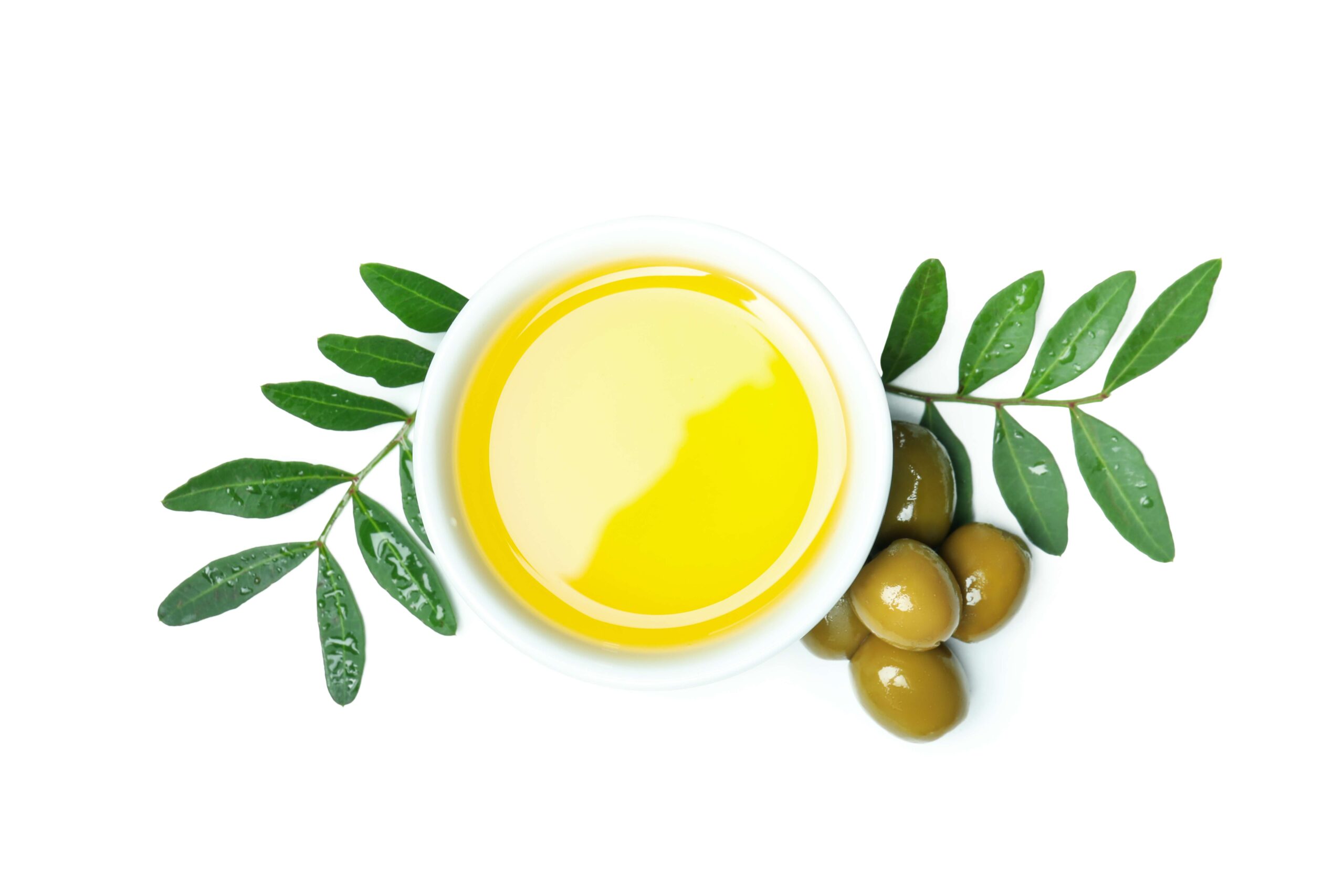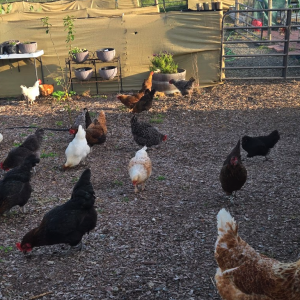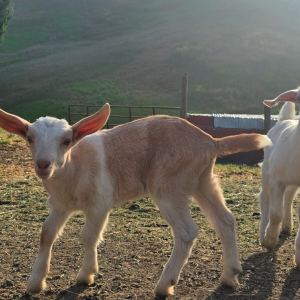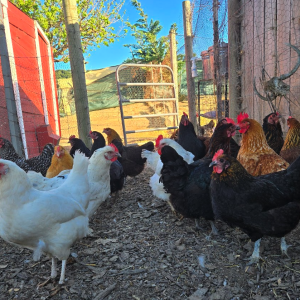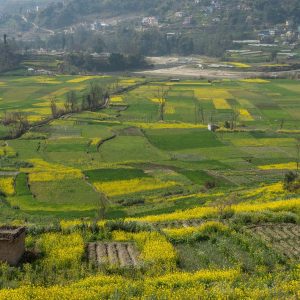Olive Oil for World Peace: A Serious Proposition
Throughout history, olive oil has been more than a culinary staple; it has symbolized peace, prosperity, and cultural connection. From ancient Greek treaties sealed with olive branches to the economic cooperation among Mediterranean nations, olive oil has acted as a unifying force. In today’s fragmented world, where divisions grow deeper and conflicts persist, olive oil can serve as a metaphor—and a real-world instrument—for fostering peace.
The Power of Olive Oil in Diplomacy
The Symbolism of the Olive Tree
The olive tree has long been an emblem of peace and reconciliation. In ancient Greece, victors of the Olympic Games were crowned with olive wreaths, signifying not just physical prowess but also harmony. The Abrahamic religions recognize the olive tree as a sacred entity, mentioned in both the Bible and the Quran as a symbol of divine light and unity. If such a profound cultural and religious history surrounds the olive tree, why not extend its meaning to tangible diplomatic initiatives?
Moreover, the olive tree is resilient, capable of thriving in harsh environments and living for centuries. This endurance serves as an inspiration for conflict resolution and long-term peacebuilding efforts. The act of planting an olive tree can be a meaningful diplomatic gesture, symbolizing a commitment to sustained peace and collaboration.
Economic Cooperation and Stability
Olive Oil as a Bridge Between Nations
Olive oil production spans across nations often divided by historical tensions. Countries such as Greece, Turkey, Israel, Palestine, Spain, and Tunisia all share a vested interest in the olive oil trade. A global olive oil cooperative—uniting farmers, distributors, and policymakers—could act as a diplomatic bridge, encouraging dialogue between countries that might otherwise remain at odds. Economic interdependence, facilitated through fair trade agreements and sustainable agricultural policies, could create incentives for peaceful collaboration.
Strengthening Local Economies
Beyond trade, olive oil production provides employment opportunities in regions where economic instability can fuel conflict. Supporting small-scale olive farmers through fair pricing and international market access can reduce poverty and economic grievances that often contribute to political unrest. The expansion of cooperative farming models can encourage equitable distribution of wealth and resources, further reducing tensions.
Culinary Diplomacy and Cultural Exchange
Olive Oil as a Universal Connector
Food has long been a means of cultural exchange and understanding. Olive oil, as a universal ingredient, transcends borders and religious affiliations. Initiatives such as international olive oil festivals, cross-cultural cooking programs, and collaborative food projects could create opportunities for people from different backgrounds to share their traditions. The act of breaking bread together—literally and figuratively—builds empathy and fosters peace on a grassroots level.
Government and NGO Initiatives
International culinary programs featuring olive oil can serve as platforms for diplomacy. Governments and NGOs can sponsor food diplomacy initiatives, where chefs and culinary experts from different nations work together to create shared experiences, fostering personal and cultural connections that go beyond political disputes.
Sustainability as a Common Goal
Shared Environmental Responsibility
Climate change and environmental degradation affect all nations, regardless of political divides. Olive oil production is deeply tied to sustainability, requiring responsible land use and water conservation. By promoting sustainable olive farming practices, nations can work together toward a shared goal: preserving the planet for future generations. International cooperation on agricultural sustainability can serve as a stepping stone toward broader discussions on peace and mutual respect.
Regenerative Agricultural Practices
Furthermore, regenerative agricultural practices in olive oil production, such as organic farming and biodiversity conservation, not only protect the environment but also promote economic resilience. Shared environmental concerns can become a unifying force, encouraging nations to collaborate on broader ecological issues, fostering diplomatic relationships that extend beyond agriculture.
A Call for Action
Harnessing the Power of Olive Oil for Peace
If olive oil has played a historic role in human civilization as a symbol of peace, prosperity, and unity, it is time to harness its power in a modern context. Governments, businesses, and communities should explore policies that use olive oil as a tool for diplomacy—whether through economic partnerships, cultural initiatives, or sustainable agricultural practices. By embracing the unifying nature of olive oil, we take one small but meaningful step toward a more peaceful world.
It may seem simple, even whimsical, but sometimes the most profound solutions stem from the most basic human connections—sharing food, respecting nature, and working together for a common good. Olive oil, with its deep cultural, economic, and environmental significance, can be a beacon of hope and unity in an increasingly divided world.

